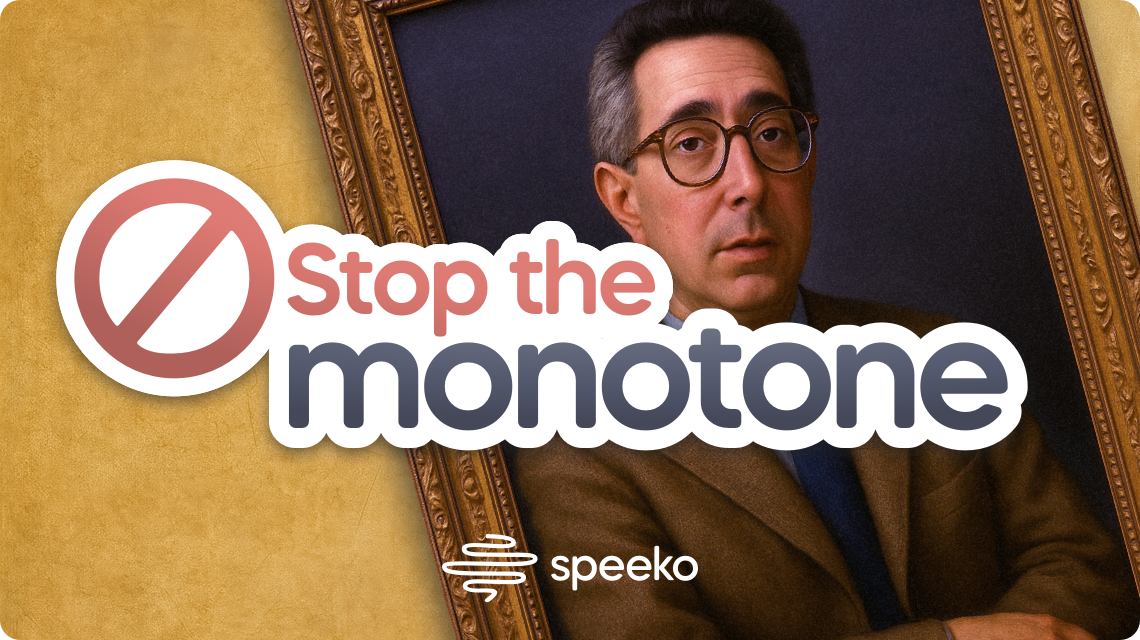Did Neil Armstrong Fail at Public Speaking?
Photo credit: NASA
This month marks the fiftieth anniversary of an event that forever changed the world. On July 20, 1969, Neil Armstrong climbed down the ladder from the Apollo Lunar Module. The entire world was watching. He uttered the words that would be woven into the fabric of American history: “That’s one small step for man. One giant leap for mankind.”
Or at least, that’s what 500 million people thought they heard.
After that historic day, Armstrong stated that the oft-quoted statement isn’t quite true to what was actually said. One little word with a significant impact gets left out. He claims his words were, “That’s one small step for a man.” Even more, NASA’s official transcript reflects the same.
Take a listen for yourself:
In spite of this audio recording, some continue to dispute the exact phrasing of that landmark proclamation. For such a globally publicized event that happens only once in the entire history of the universe, why can’t we agree on what was spoken?
Armstrong himself has acknowledged that he did not hear the “a” in the audio recording. Nevertheless, “The 'a' was intended,” the Apollo 11 commander insisted.
To convince the media, Armstrong faulted the misrepresentation of the moment to his own inarticulateness. “For people who have listened to me for hours on the radio communications tapes, they know I left a lot of syllables out. It was not unusual for me to do that. I’m not particularly articulate. Perhaps it was a suppressed sound that didn’t get picked up by the voice mic.” To give Armstrong credit, in 2006, a computer analysis of the audio recording found evidence that Armstrong uttered the “a.”
Though Armstrong went through rigorous training for the job, he was certainly not trained to be a professional public speaker. Still, had he known that his words would be permanently etched into public consciousness, he may have wanted to practice his vocal delivery beforehand.
An internal NASA memo discussed whether Armstrong should be coached on what to say during his first steps on the moon. The letter stated: “The truest emotion at the historic moment is what the explorer feels within himself not for the astronauts be coached before they leave or to carry a prepared text in their hip pockets.” NASA trusted that Armstrong would speak his best when in the spotlight.
The takeaway we can all learn from Armstrong’s moment on the moon is that public speaking skills aren’t limited to keynote presentations on auditorium stages. Furthermore, they shouldn’t be left to chance.
But whether you’re landing on the moon or speaking to stakeholders, you want all of your words to be heard as you intended. Some of the best speeches in American history remain oft-quoted because the speakers’ strong communication skills were instinctual. By practicing their vocal delivery, these memorable speakers could be readily understood in almost any speaking situation.
Armstrong, who was 82 years old when he died in 2012, said he came up with the famous line on his own. “I thought about it after landing,” he said. “And because we had a lot of other things to do, it was not something that I really concentrated on, but just something that was kind of passing around subliminally or in the background. But it, you know, was a pretty simple statement, talking about stepping off something. Why, it wasn’t a very complex thing. It was what it was.”





